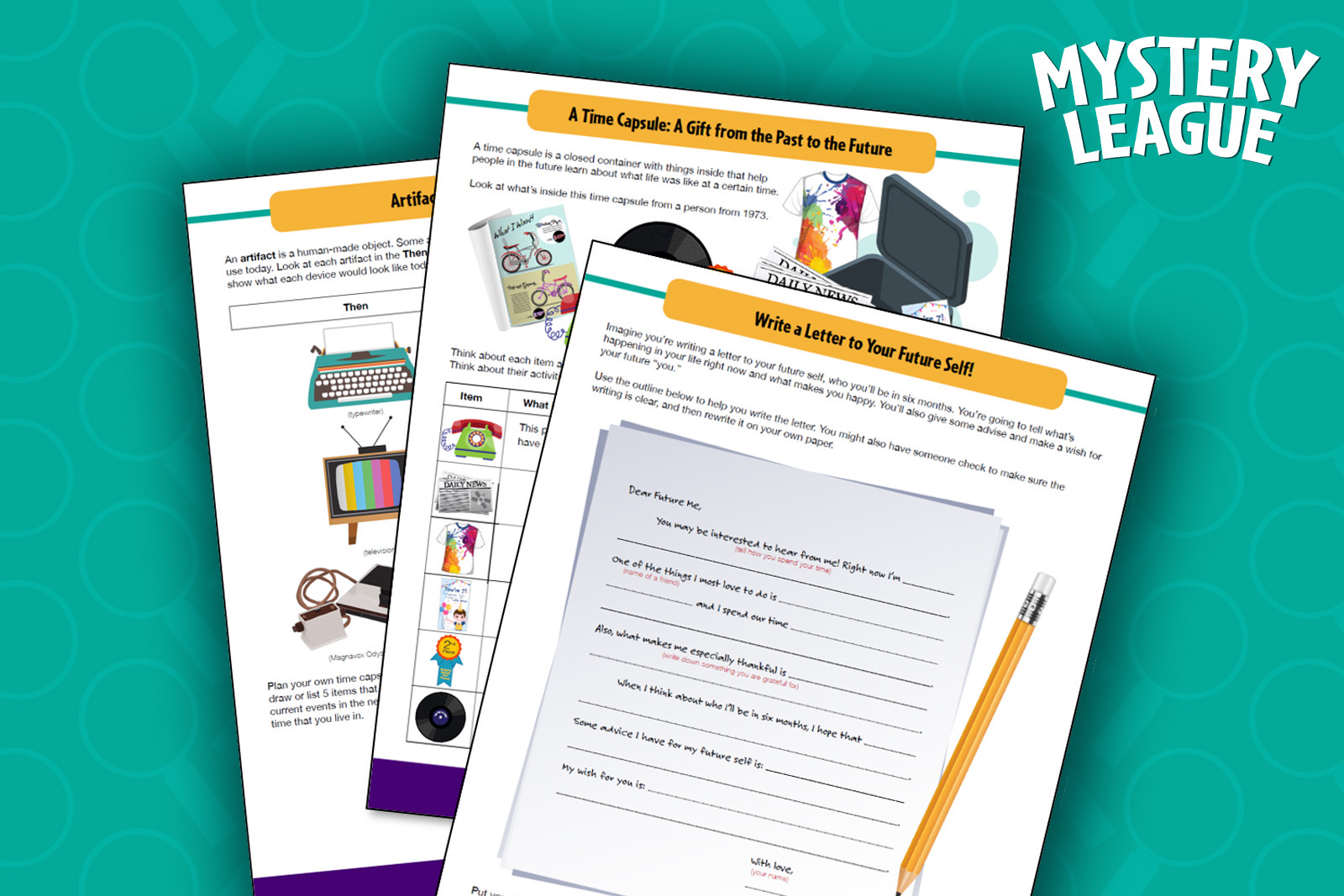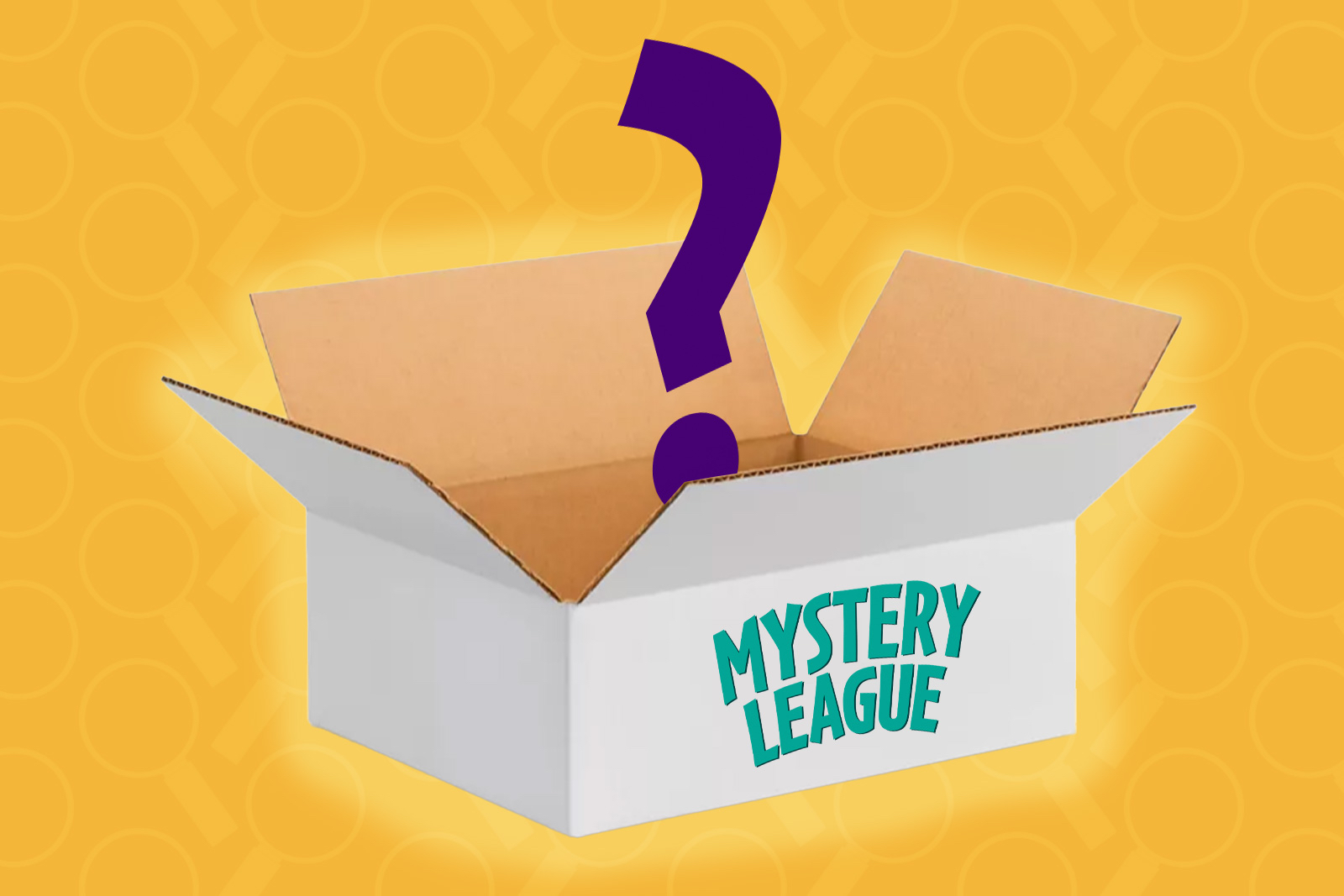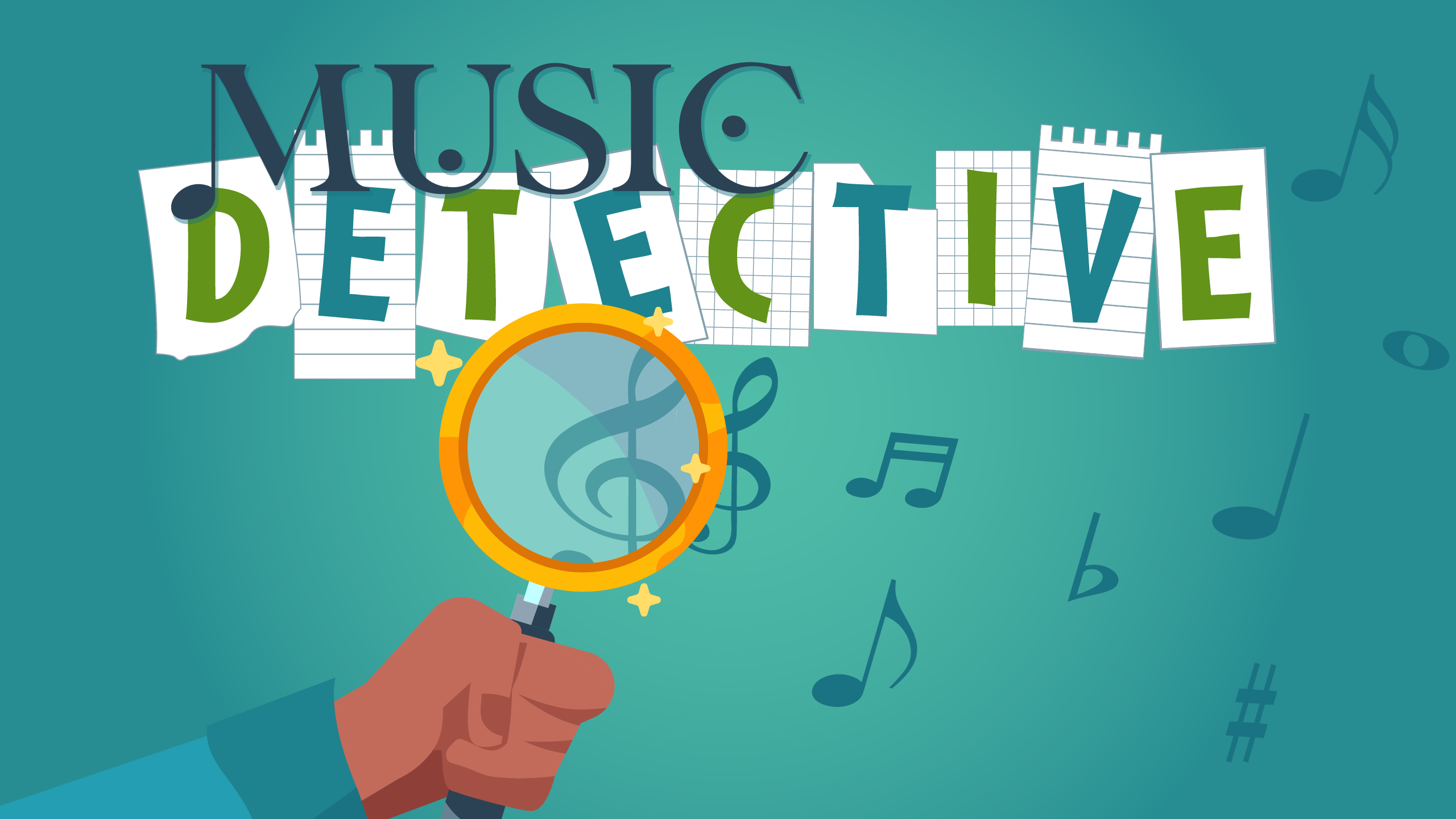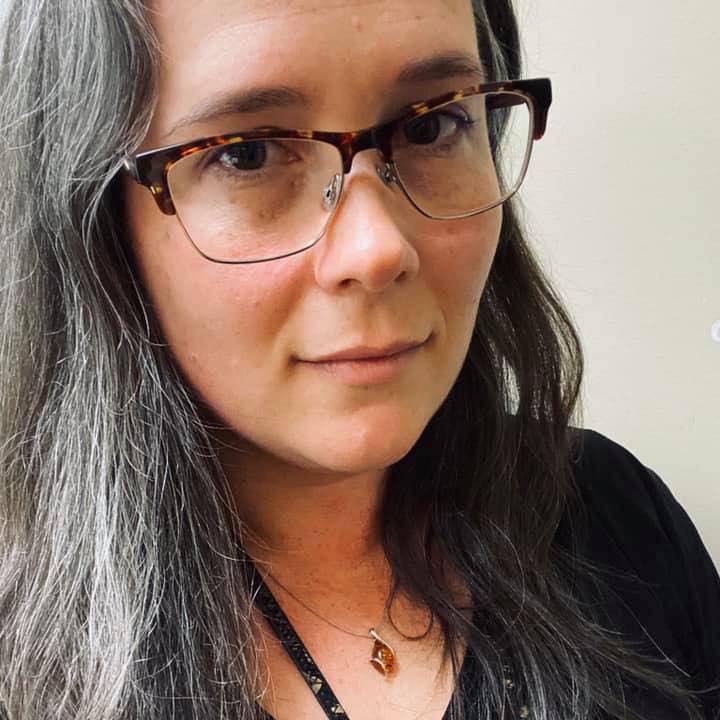It was important to us that we get this right. Arkansas PBS has one of the largest teams of educators of any PBS station in the US, and we were set to begin planning for a new children’s show that was not only entertaining and enjoyable by the whole family, but also engaging, thought provoking, and most importantly—educational. We didn’t know what we would call the show for some time, but in the fall of 2022, we were in the very early stages of planning for “Mystery League.” And it has been one of the most fulfilling educational initiatives of my career so far.
As teachers ourselves, we knew we needed to start where all teachers start when planning educational material. We needed to start with the learning targets, with what we were aiming to teach within the series. We began by focusing on Arkansas Academic Standards in civics, economics and geography for grades K-2, with an emphasis on leadership and what it means to serve your community. And so, after some preliminary research, our writer’s room was born, made up of a cross-sectional team of education, production, and other colleagues, guided by our producer and Director of Education, Sajni Kumpuris, our lead writer, Corey Womack, and myself as Education Manager.
During each stage of the writing process and with every revision, our educators helped to ensure that each episode was on track to meet its educational goals, adding in bits of expository dialogue wherever it was needed and double (and triple!) fact checking line by line. And once we began filming, an educator was on set each day, listening and working with our script supervisor and directors, making sure all of the key educational lines made it into each scene and answering any questions that came up along the way.
With the goal of maintaining the same episode length and format as national PBS KIDS programs, we designed each episode to be a short, 11–13-minute story, and for every pair of episodes to air together, alongside a fun, musical interstitial that emphasizes one of the learning goals. 11-13 minutes is a very short amount of time to teach a concept, however, especially within the context of solving a mystery. Because of this, we are also providing additional educational resources, including online games, learning activities that can be downloaded from our website, and even a free activity kit that teachers, parents, and after-school programs can sign up for, to be delivered to students in grades K-2 across the state.

Some of these resources are available now, and many more will be rolling out over the next few months, including several more games.
I have worked within the education department at Arkansas PBS for nearly ten years. We provide professional development and educational resources for teachers, and we regularly work on educational initiatives. “Mystery League” is one of the best and most engaging educational programs we have ever produced. From the episode where our young detectives learn about the distribution of goods and services while investigating the mystery mash in the cafeteria, to the musical interstitial that emphasizes the importance of community members working together, to an upcoming online game where you can discover and play with musical instruments from around the world, to the activity kit being mailed out to students, we hope you find our “Mystery League” episodes and resources to be fun and engaging, and of course, educational.

 By Elizabeth Dru Yates, Manager of Curriculum and Learning Services at Arkansas PBS
By Elizabeth Dru Yates, Manager of Curriculum and Learning Services at Arkansas PBS
Tune In:
Watch “Mystery League” Sundays at 4:30 p.m. at myarpbs.org/watchmysteryleague
Learn More:
For more information and fun activities check out myarpbs.org/mysteryleague

